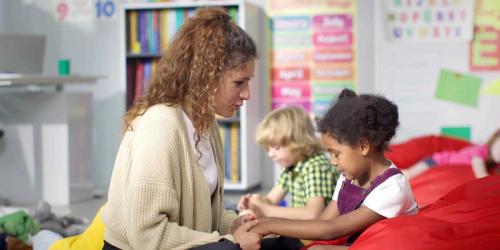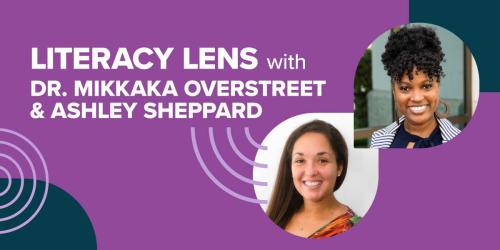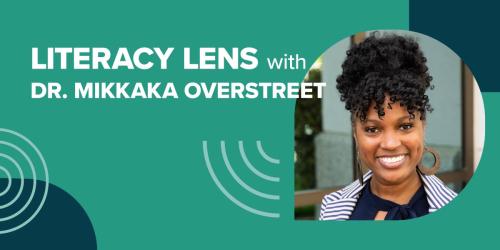Bringing Parents Out of the Dark
What I remember most from when my kid was starting kindergarten is the anxiety. We didn’t know the school as well as we would have liked, didn’t know the staff, or even the name of our son’s teacher. The orientation materials arrived in the mail just before the school year started and didn’t answer all our questions.
Perhaps our biggest concern was that we didn’t know how our son would react in a school he didn’t know and filled with older kids. If he didn’t handle it well, would an adult take notice and help him out? Would they give us a call?
That was three years ago. He adjusted quickly to his new school, received plenty of support, and is still doing great.
We had it easy compared to parents with incoming kindergartners this fall. This year, the news has been filled with stories about kindergartners getting suspended and a college and career readiness mindset that could take all the fun out of being five. You can see why parents of young children become alarmed.
As a parent who is also an employee of an organization specializing in education research, I see schools and districts working hard to stop exclusionary discipline practices and have seen research that shows that students who fall behind in the early grades are most at risk for not graduating, not going to college, and not breaking the cycle of poverty. I can see a media culture that preys upon parents’ fears. Think of all the books, movies, and TV shows that center on the threat to a child. For parents, it’s important to keep horror stories (and irrational fears) in perspective.
I also see that schools and districts do not always communicate effectively, particularly with parents of their youngest students. While parental concerns about schools are always getting reinforced in the media, the school system does not always do enough to allay those concerns. Kindergarten round-ups, orientation paperwork packets, back-to-school nights, and email newsletters are not always enough.
Communicating more with new parents might be asking quite a bit from resource-strapped schools, and the time when communication is most important is in summer when school buildings go dark. However, better communication doesn’t always require much more work, just more thoughtful work.
Schools can ask their current kindergarten parents about the ups and down of their entry experience and what would have been helpful to know before sending their kids to school, and then use their responses to improve communications in the next year.
Schools can also learn more about who their parents are and their communication needs. When schools go green and use email as a primary means of communication, this can exclude families living in poverty who might don’t always use email or have online access. Personalized outreach might take extra effort, but it’s vital for the family involvement and student success of the poorest members of our community.
From my own experiences as a parent, the more that school leaders and teachers reach out to me directly and create an inclusive culture, the more highly I value the school and the more willing I am to volunteer and participate in activities like fundraisers. I imagine other parents feel the same.
Communication builds community. It all starts with finding out more about who your parents are and what they need to hear from you.


